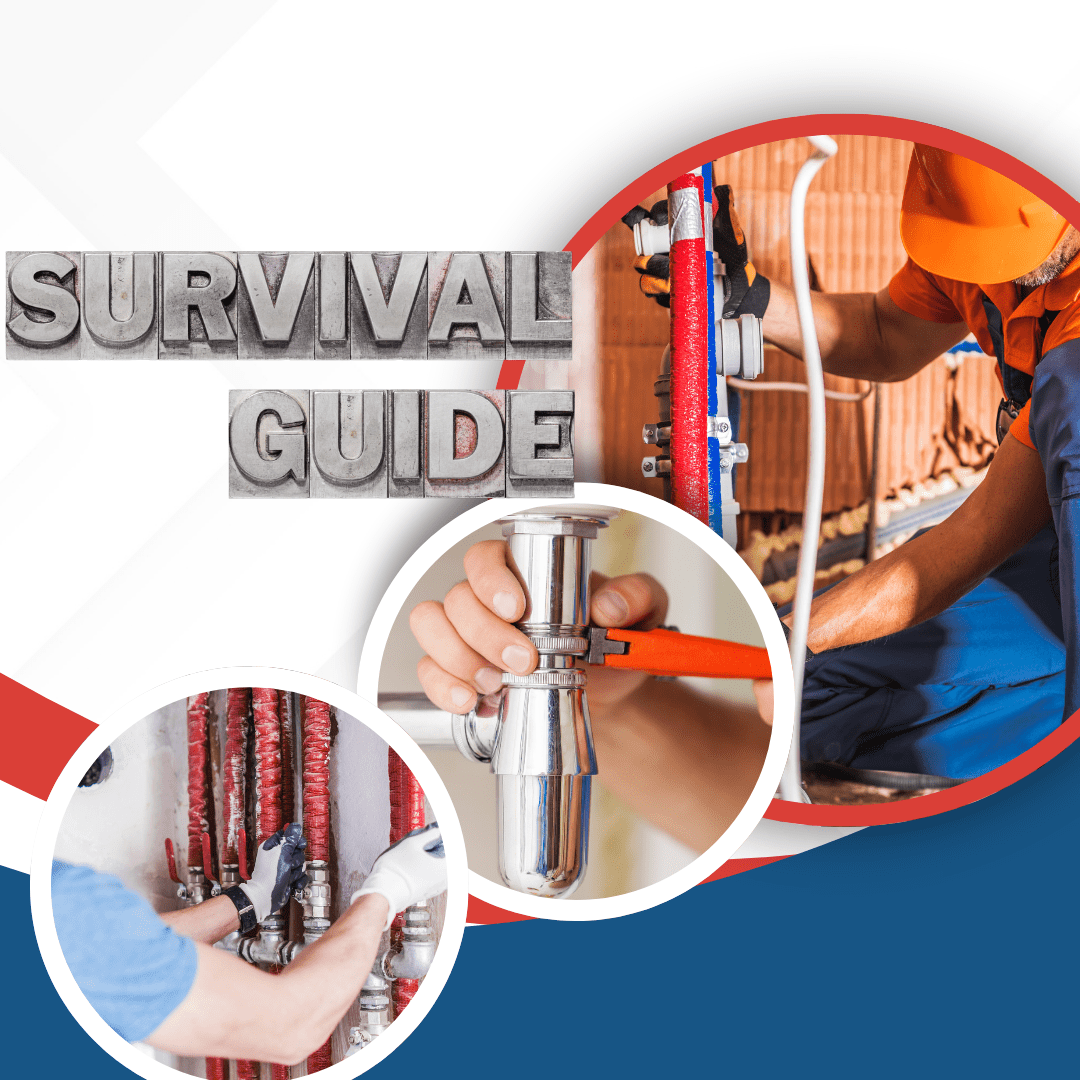When disaster strikes—be it unexpected cancellations, staff shortages, supply delays, or financial hits—plumbing businesses across the UK can suffer overnight. But there’s a solution: disaster-proof your plumbing business with forward-thinking strategies and tactical planning.
In today’s fast-paced market, preparing your business for the worst-case scenario isn’t just smart—it’s necessary. Whether you’re running a solo operation or managing multiple teams, this guide provides practical UK-based solutions to keep your business stable and successful through the toughest times.
Build Operational Resilience from the Ground Up
One of the best ways to disaster-proof your plumbing business is by strengthening your core operations. That starts with building flexible systems and processes. Don’t rely on memory or sticky notes—get everything into a centralised system. Digital job schedulers, cloud-based calendars, and client history logs can reduce miscommunication, missed appointments, and late arrivals.
This is where smart software can be your greatest ally. A mobile-friendly system like ProCleanerUK allows you to coordinate your plumbing teams, manage emergency callouts, and track bookings in real time—all from one place. With powerful tools like automated reminders, satnav integrations, and customer support tracking, you can reduce the chaos during high-pressure situations.
Get Financially Fit Before the Storm Hits
Resilience isn’t just about tools—it’s about cash flow too. Your plumbing business must be prepared to weather delayed payments, cancellations, or market slowdowns. Regularly reviewing your expenses, keeping a healthy cash reserve, and setting up invoicing automations are critical steps.
Using digital payroll software can help you stay on top of wages, tax reporting, and compliance—even when emergencies strike. Automating these functions ensures you’re not left scrambling during staff illness or absences, while also reducing admin time.
For new and growing companies, the UK Government’s Get Business Support page is an excellent resource to explore grants, guidance, and funding during difficult times.
Diversify Services to Spread Risk
Another way to disaster-proof your plumbing business is to avoid putting all your revenue eggs in one basket. Relying too heavily on one income stream—such as commercial contracts or landlord services—makes you vulnerable to changes in that specific sector.
Instead, broaden your offerings. Include emergency plumbing services, home maintenance plans, eco-upgrades (such as water-saving installations), or even subcontract work. Not only does this open new income opportunities, but it also cushions your business if one service area suddenly dries up.
By using modern software platforms that allow easy service tagging and team scheduling, you can switch priorities quickly to meet shifting demand.
Secure Your Customer Base with Excellent Communication
In turbulent times, communication is your secret weapon. Customers appreciate updates, especially when delays or changes are unavoidable. Automated text alerts, on-the-way messages, and follow-up reminders can make a big difference in client satisfaction and loyalty.
Solutions like ProCleanerUK feature automated email and SMS systems that help you keep your customers in the loop with minimal manual input. You can set pre-written templates, personalise messages, and even schedule alerts based on time or appointment type—saving you hours of admin while reinforcing your professionalism.
Train a Multi-Skilled Team
Having a multi-skilled team on hand can dramatically reduce your business’s exposure to risk. If a team member calls in sick, having others trained in their area ensures continuity. If regulations change (as they often do in the plumbing industry), ongoing training makes sure your team stays compliant.
Cross-training also boosts morale and retention—two key factors in surviving business disruption. Use quiet periods to host training sessions, certification upgrades, or system refreshers. The investment pays off when your team can adapt on the fly, handle multiple service types, and deliver consistent quality.
Build a Supplier Contingency Plan
Your business is only as strong as your supply chain. To disaster-proof your plumbing business, identify backup suppliers for crucial items—especially when demand spikes or local distributors are affected. Having a pre-approved list of alternate vendors means less downtime and faster service recovery.
You can also negotiate priority service agreements with your key suppliers. These arrangements can give your business preferred access to materials during shortages—especially during busy seasons or crisis events like flooding or cold spells.
Embrace Digital Tools to Stay Ahead
If your plumbing business is still managing tasks with pen and paper, you’re leaving yourself open to serious risk. Going digital is not just a trend—it’s your lifeline during disruptions. Tools that offer route optimisation, real-time technician tracking, and on-the-go job updates make it easier to respond rapidly to changes.
For example, a system like ProCleanerUK helps streamline every layer of your operation, including financial reporting, team communications, customer management, and even knowledge-sharing among staff. With everything connected in one platform, you’ll reduce costly errors and save hours of admin.
Prepare for Compliance and Legal Shifts
UK plumbing businesses must also be ready for compliance changes, tax updates, or legal adjustments. Having access to verified resources like the official UK Government Business Portal helps you stay informed about new laws, health and safety requirements, and licensing obligations.
Don’t let red tape derail your growth—subscribe to alerts or use business support services to ensure you’re prepared before any compliance deadline sneaks up.
Create a Continuity Plan Before Crisis Hits
Every UK plumbing business should have a written continuity plan in place. This plan should outline exactly what steps to take during a disruption—whether it’s extreme weather, staff shortages, vehicle breakdowns, or software outages.
Include a chain of command, emergency contacts, supplier lists, and remote work policies. It’s also worth simulating “what if” scenarios to test your plan. The goal is simple: to make sure your team knows exactly what to do without second-guessing during a crisis.
Final Thoughts
In an industry where emergencies are just part of the job, disaster-proof your plumbing business by being just as prepared as the customers you help every day. With smart systems, flexible services, and strong communication, your business won’t just survive—it’ll thrive.
Visit gov.uk/business and gov.uk/get-business-support for essential UK resources and financial aid. And remember, resilience doesn’t happen overnight—but the right tools can get you there faster.
